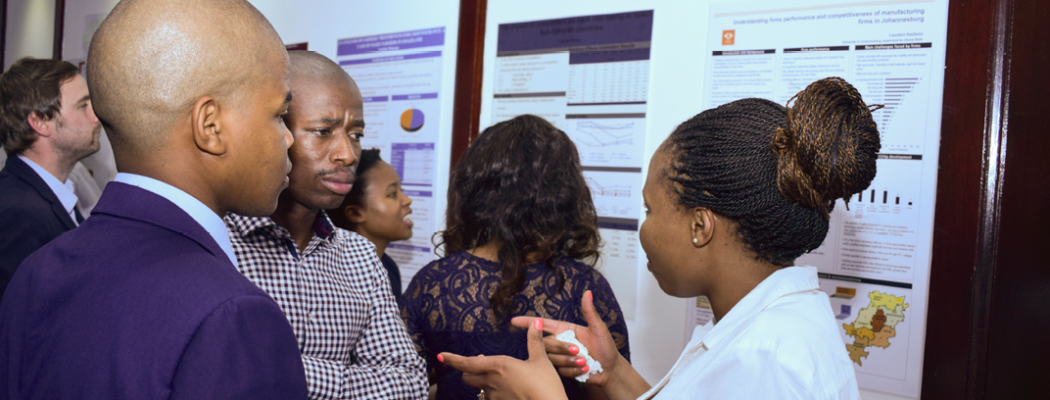Climate uncertainty and agricultural vulnerability in South Africa
Climate change poses a serious threat to many countries, particularly to developing countries, which often have large sections of the population without resources to adapt to changes in their environment. One of the key ways in which climate change affects countries is its impact on agricultural production. This paper extends the analysis by Cullis et al. (2015) by unpacking the impacts of climate change on crops and regions across South Africa. Furthermore, it looks at the impact of climate change on household food consumption and its implications for food security. The analysis suggests that, while the impacts of climate change are likely to be negative, the size of impacts can be highly variable, depending on the resulting climate. The largest range of vulnerability lies along the eastern coast of the country, where there is also the greatest poverty. Other regions, such as the Western Cape, show clear signs of declining production across the likely range of future potential climates, although some of these threats can be addressed through adaptation. Shifting to irrigated agriculture offsets some of the negative impacts on production but is insufficient to fully offset the decline in output. It also puts agriculture into increasing competition with other sectors, such as municipal and industrial water usage. Key crops, such as summer cereals, oilseeds and deciduous fruits, are negatively affected by climate change. Climate change negatively affects household welfare both nationally and sub-nationally, with certain parts of the country worse affected than others. Its impacts are through both the effect on household incomes and through higher food prices, which negatively affect household food consumption.





